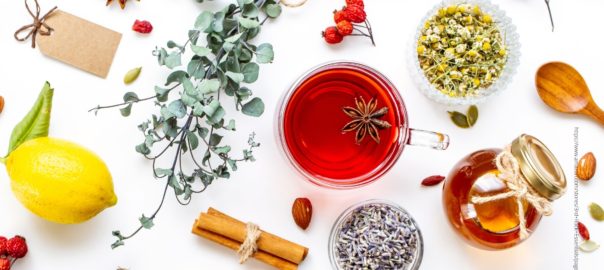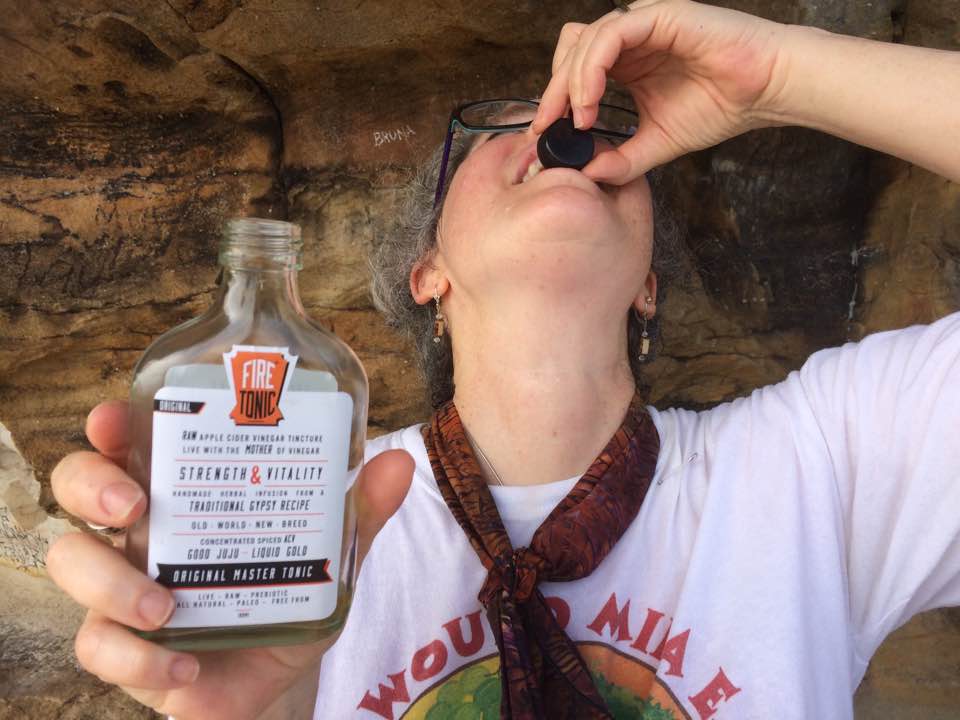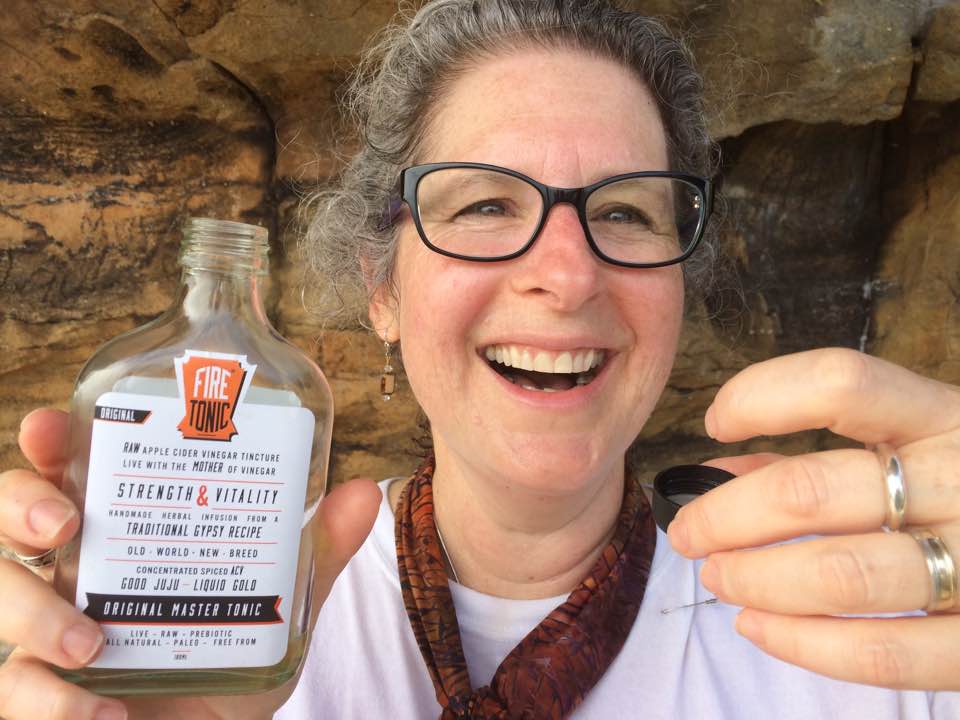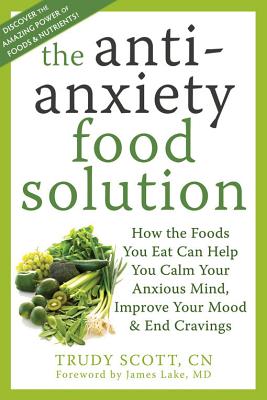Building an Herbal Medicine Cabinet
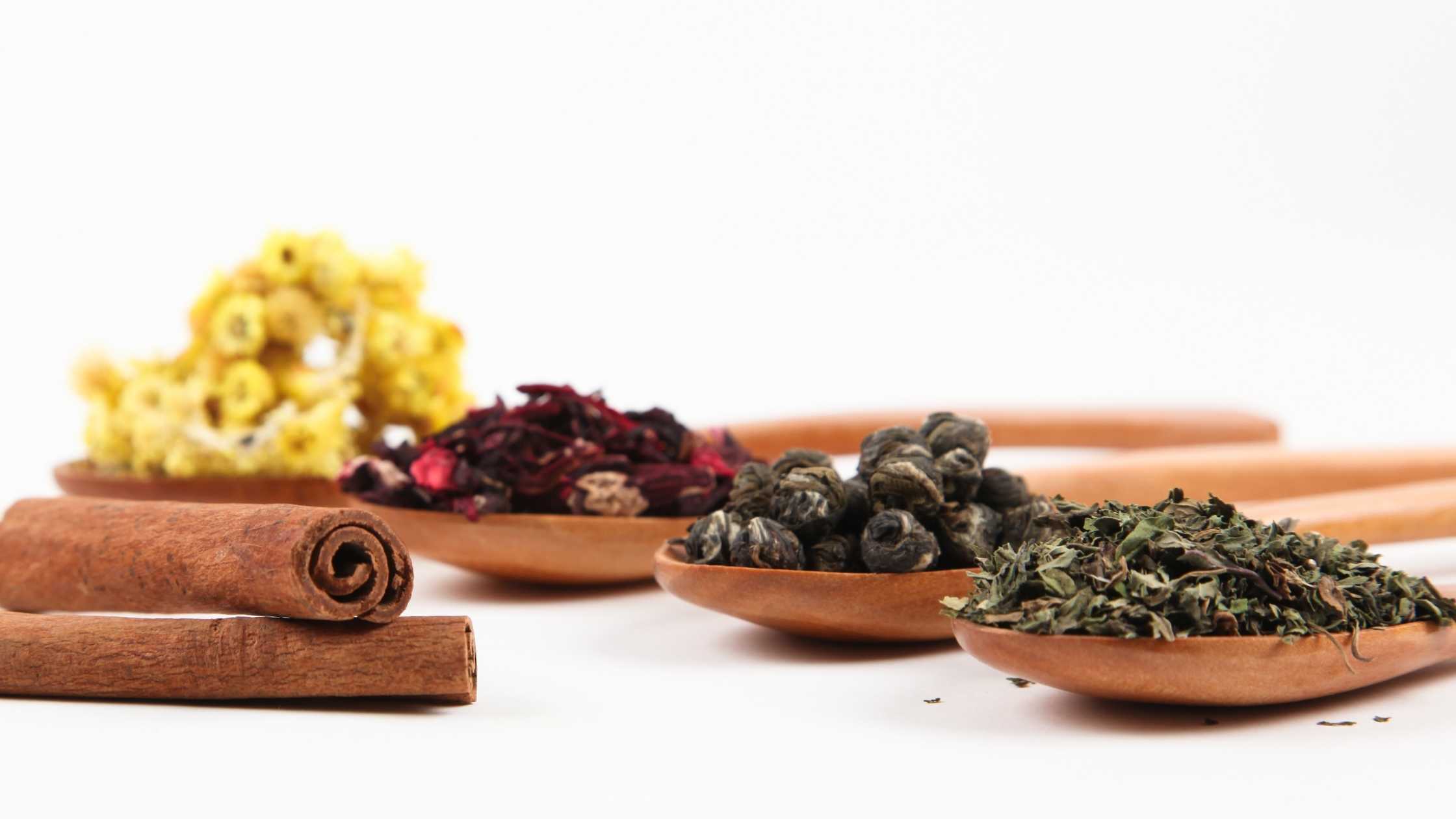
The winter tends to be a time when many of us get sick. Plus germs somehow seem to pass around more easily at this time of year when it’s cold and damp. But if you’ve got a cough or you are not feeling well what do you reach for? When you go to the drug store and you look at the shelves, the majority of their remedies they have artificial colors in them. They also have all kinds of preservatives and other chemicals in them that are not great for us. So if you're sick, why do you want to put things into your body that aren't going to help you get better?
These are a few of my favorite winter recipes to help support your system without artificial ingredients, alcohol, and preservatives. These are things you want to have in advance. If you've made them up ahead of time you won’t have to go rummaging around for a remedy when you need it.
Elderberry Syrup for Immune Support
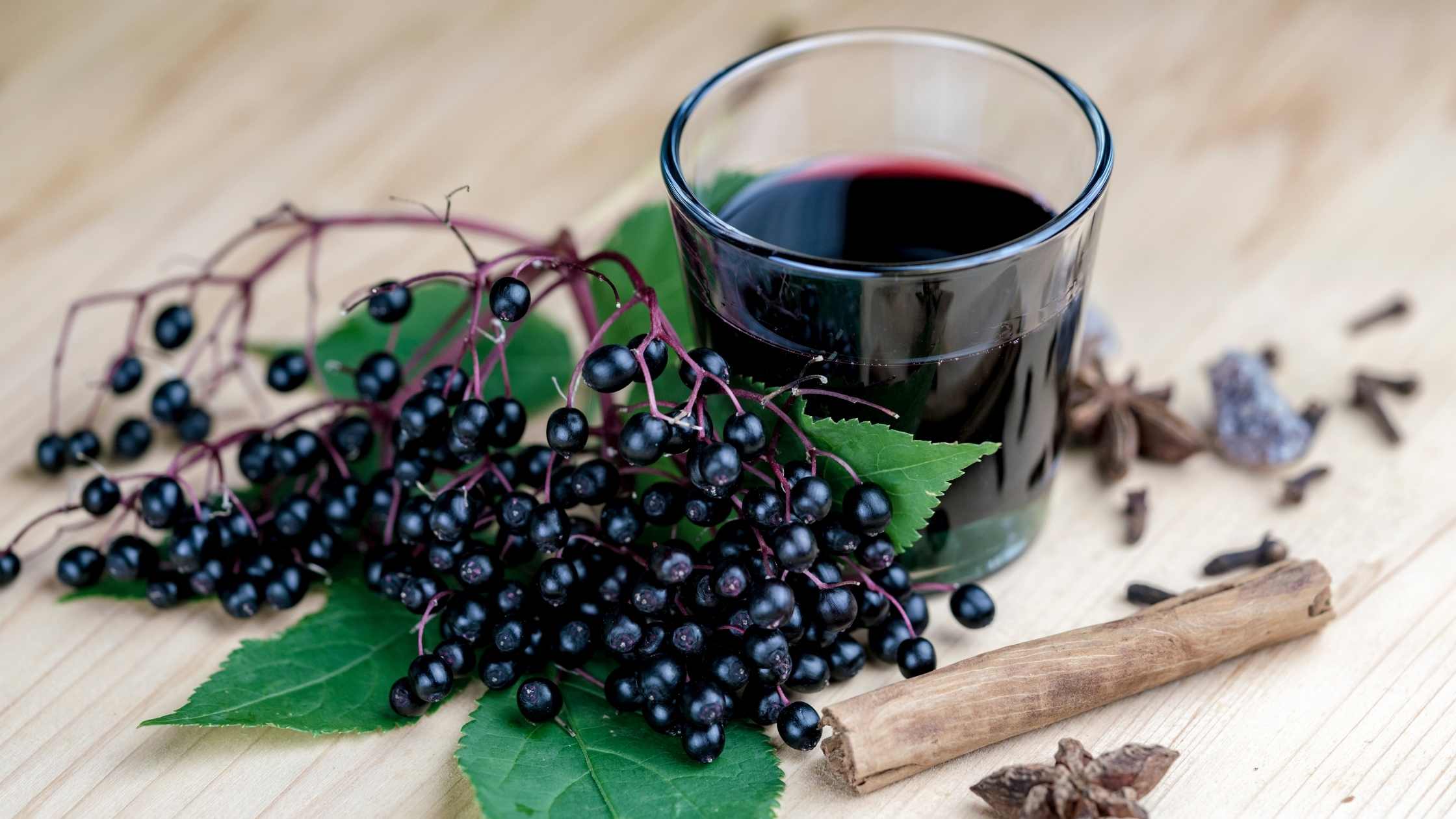
One of my favorite things to do in the wintertime is to brew up a batch of elderberry syrup.
It's easiest to buy the elderberries. Although you can forage for elderberries it’s easier to simply buy them dried. It’s really important to know that you shouldn’t ever eat fresh elderberries. They can really upset your stomach and cause diarrhea and/or vomiting.
To make elderberry extract you’ll need a four-to-one ratio of berries to water. I like to use a half a cup of dried elderberries and two cups of water. If you’d like you can add in some cinnamon stick, a little ginger, maybe even some cloves. Bring it to a boil, then turn it down to a simmer and just let it simmer for an hour. That pulls all of that lovely, beneficial stuff out of the elderberries. Then you strain it and let it cool.
You can add in a little bit of honey, so it tastes a little sweeter and you just store it in the refrigerator.
Generally, I recommend a tablespoon a day for preventative purposes during the winter. But when you get sick, if you need to, you can take a tablespoon three times a day.
I typically make one batch which can last almost the whole winter, unless somebody gets really sick.
Elderberries are so good for us because they're very high in vitamins A and C they're a good source of bioflavonoids, and elderberry syrup is great for boosting the immune system. It's good if you have coughs or colds, it's antiviral. So it's just a really good thing to have in your herbal medicine cabinet.
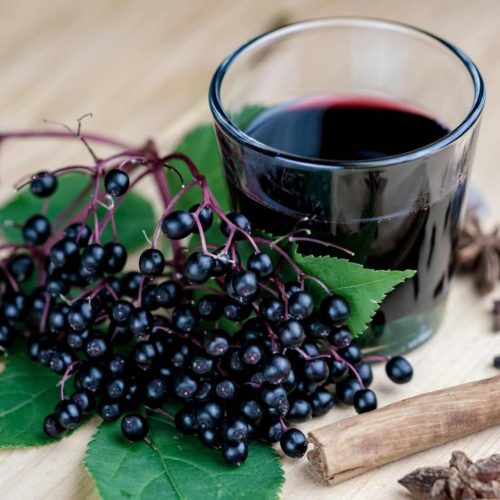
Elderberry Syrup Recipe
Ingredients
- 1/2 cup dried organic elderberries (I buy mine from Mountain Rose Herbs )
- 2 cups cold water
- 1 cinnamon stick
- 1/2 teaspoon fresh ginger, minced
- 2 clovesraw local honey to taste
Instructions
- Combine berries, cinnamon, ginger, cloves and water in a pot and bring to a boil
- Reduce heat and let simmer for one hour
- Remove from heat and let cool for 45 minutes
- Strain berries and flavorings using cheesecloth or muslin, squeezing to remove as much liquid as possible
- Cool to just above room temperature and add honey, stirring well to fully incorporate
- Bottle in a sterilized glass jar, preferably amber glass
The Benefits of Fire Cider
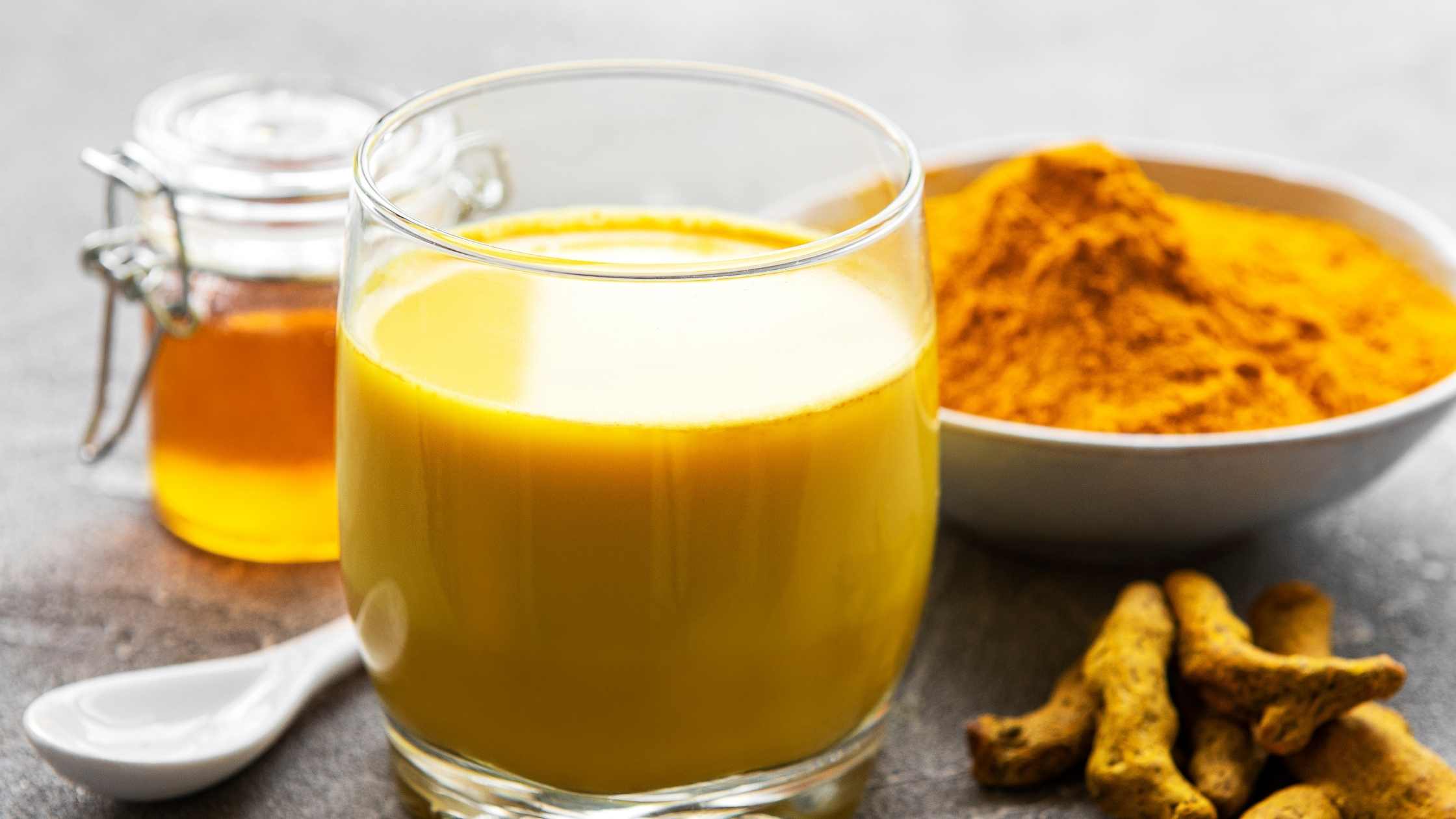
Fire cider, sometimes called fire tonic, is a term given to a vinegar drink that is steeped with massive amounts of beneficial herbs and spices. It includes wonderful, immune-supportive herbs and spices. I use the recipe from Mountain Rose Herbs.
One of the ingredients in fire cider is horseradish root which is best when you use it fresh. Be aware it is really powerful stuff. When you grate it your eyes tear up, your nose runs, and it opens up your sinuses. But the real thing is just so much better than using a paste or bottled horseradish. Especially when you’re making something like fire cider to boost your immune system.
If you don’t have access to horseradish it is possible to grow it in your garden. It grows well in zones 4-7 in the US. However, I recommend growing it in a pot; it is a vigorous plant that can become invasive and is notoriously difficult to get rid of if it has taken hold in your garden.
Another component of fire cider is jalapeño peppers. While fire cider is supposed to have heat to it I confess when I make it I remove the seeds from the jalapeños because otherwise, it is very spicy.
This is an immune support recipe you’ll want to make at least a month ahead of time because it needs to sit and brew.
Just as with the elderberry syrup above, you’ll add some raw honey. It's really an important part of these recipes. Raw honey is so beneficial for us, especially for seasonal health issues and for our upper respiratory system. The best option is both raw and local.
Take one tablespoon a day of the fire cider for preventative measures and one tablespoon three times a day if you’re sick.
Here’s a funny picture of me trying a sip of Hilbilby’s Fire Tonic that my dear friend and colleague Trudy Scott shared with me when I visited her in Australia. We took pictures of each other taking this stuff and whooo was it potent!
Garlic, Not Just to Ward Off Vampires
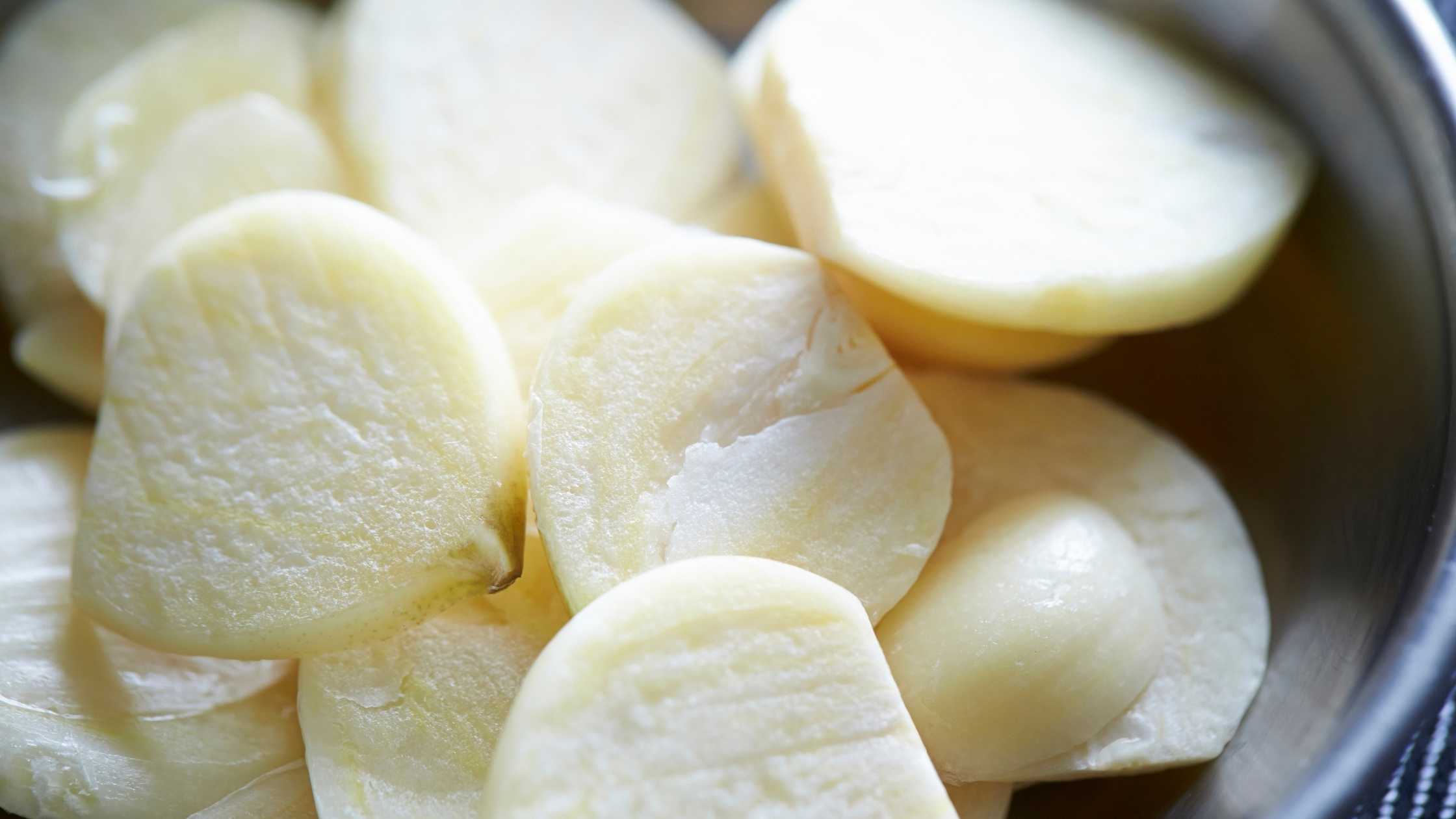
Another beneficial strategy for winter immunity is to keep fresh garlic in the house. Used for centuries in health preparations, this aromatic member of the onion family is both potent and pungent. Studies have shown it to be highly supportive of the immune system. It’s also been found to have antiallergenic and anti-inflammatory properties.
When I feel the seasonal ick coming on one of my personal ways to get more garlic is to take it raw. The best way to do this is to chop up a clove of garlic (just one) and let it sit for a couple of minutes. When you let it sit this oxidizes and amplifies the allicin which is one of the beneficial compounds. Then add it to a spoon (with a tiny drop of raw honey if needed) and swallow it down followed by a glass of water. I’m not going to lie, it does not taste pleasant. And you’ll need to make sure you have something in your stomach because raw garlic can make you feel rather nauseous.
However, personal observation indicates that when I do this my symptoms tend to clear up faster than those around me who don’t take the garlic shot.
Using Herbal Teas
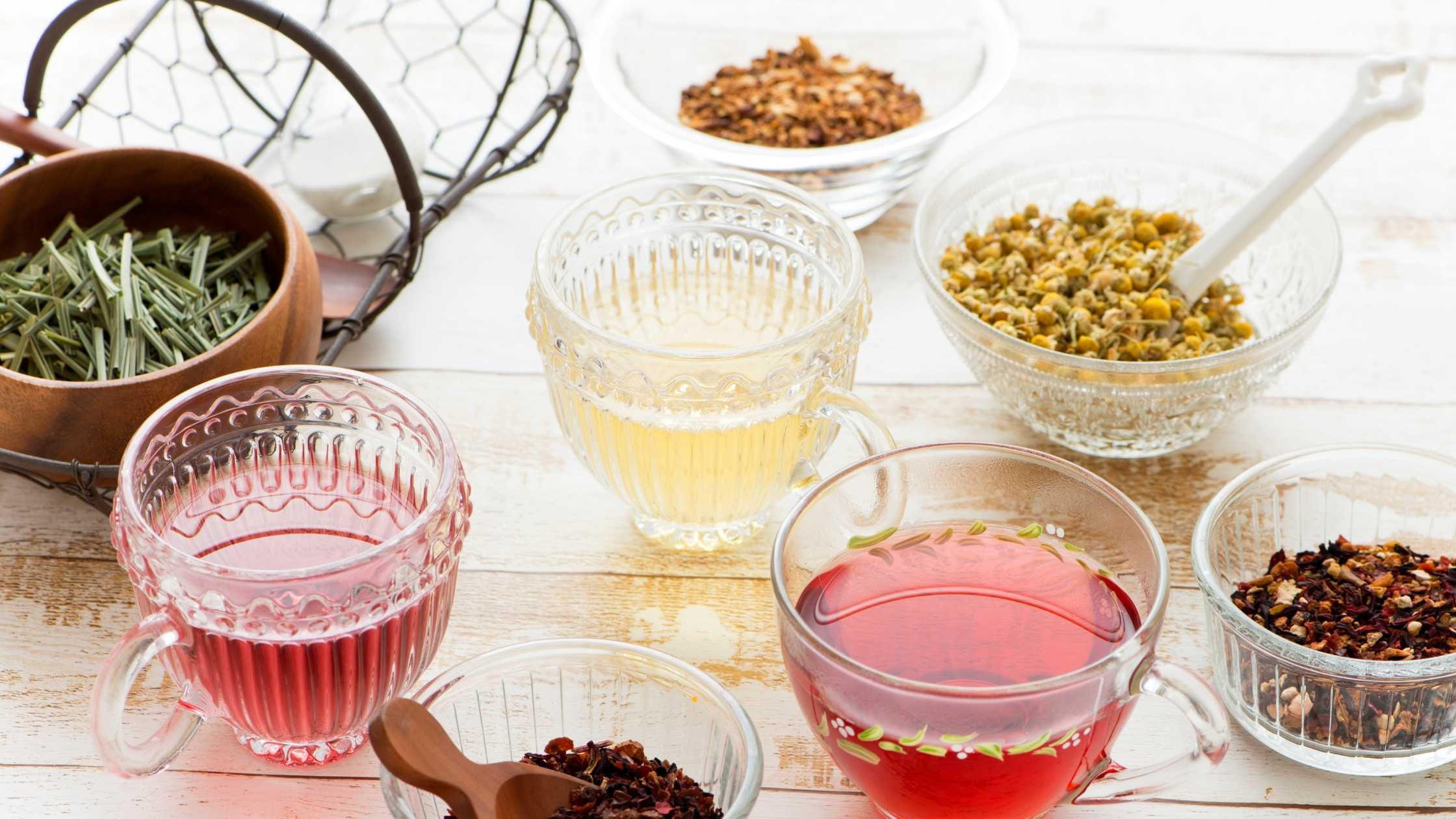
I'm just a big fan of herbal teas. I’ve listed a couple of my favorite herbal books below and I’m a student of herbal remedies, not a practitioner. Please note that just because they are plants does not mean that precautions are not necessary when taking herbs. This is especially true if you are using more than you would add to food. Allergies and sensitivities can and do happen. Some herbs are specifically not recommended if you are pregnant or nursing. If you have any concerns about using herbs I suggest that you work with a certified herbalist.
If you have a medicinal herb garden you can harvest them fresh. However, you’ll still want to dry them for use as fresh herbs are full of all of their constituent oils and can be overwhelming. Fresh herbs tend to be more potent than dry by a factor of 3 or more to 1. I believe it's better to use them in their dry form so you can have all the benefits of the herb without getting an unpleasant overpowering taste.
If you don’t want to grow herbs or don’t have space, you can always purchase them dried and cleaned. My favorite source is Mountain Rose Herbs.
If you’re going to blend your own herbal remedies a part is simply a measure. If you’re making a tiny bit you can use a Tablespoon or a small scoop. If you’re making larger batches, which is what I do to make sure I’ve got it on hand, use a larger scoop or even a dry measuring cup.
Brewing Teas
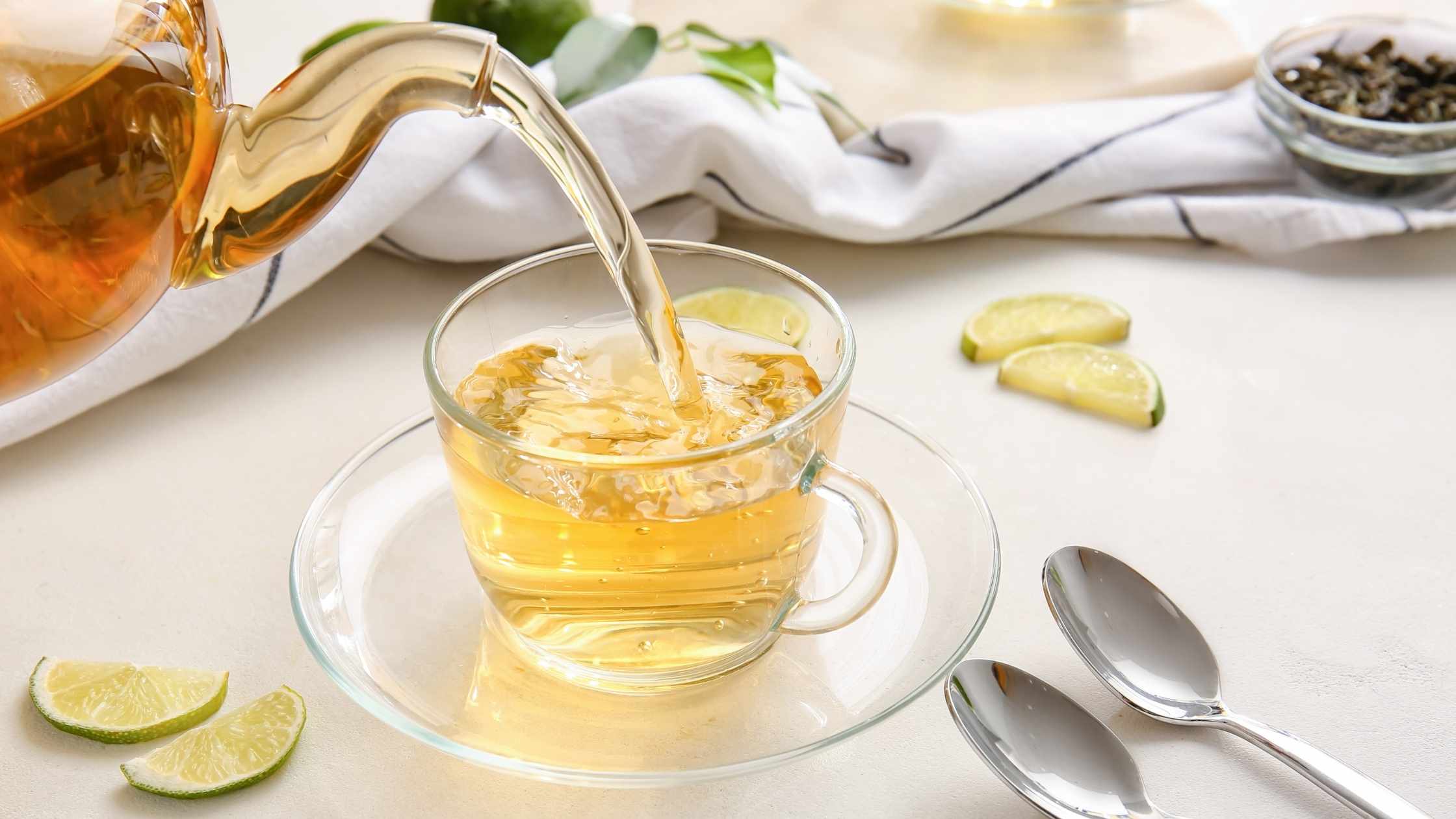
When brewing your herbs for tea I recommend a heaping teaspoonful of dried herbs added to 8-12 ounces of hot water. Steep this for 3-4 minutes and then strain and drink. If needed you can add a little raw honey.
Below are a few of my favorite herbs to keep on hand for winter remedies:
- Sage - High in vitamin K, it’s reported to be beneficial for sore throats and bleeding gums.
- Rose hips - A good source of vitamin C, lycopene, and beta carotene, rose hips are a good antioxidant-rich addition to the diet
- Lemon peel - A beneficial antimicrobial and antibacterial substance, lemon peel is another good source of vitamin C, rich in antioxidants, and also provides some calcium, magnesium, and potassium.
- Peppermint - A highly beneficial herb, peppermint is not only antibacterial and anti-inflammatory, studies also show it has antiviral properties. Drinking peppermint tea, hot or cold, can be helpful for sinus relief, headaches, and oral health. In addition to drinking the tea, inhaling the steam from a cup of hot peppermint tea can be another way to use it for winter health support.
- Spearmint - Another antioxidant-rich member of the mint family, spearmint is a good tea to settle the stomach and help with nausea. Like peppermint, it is also highly antimicrobial. It can also be enjoyed hot or cold.
About Chamomile
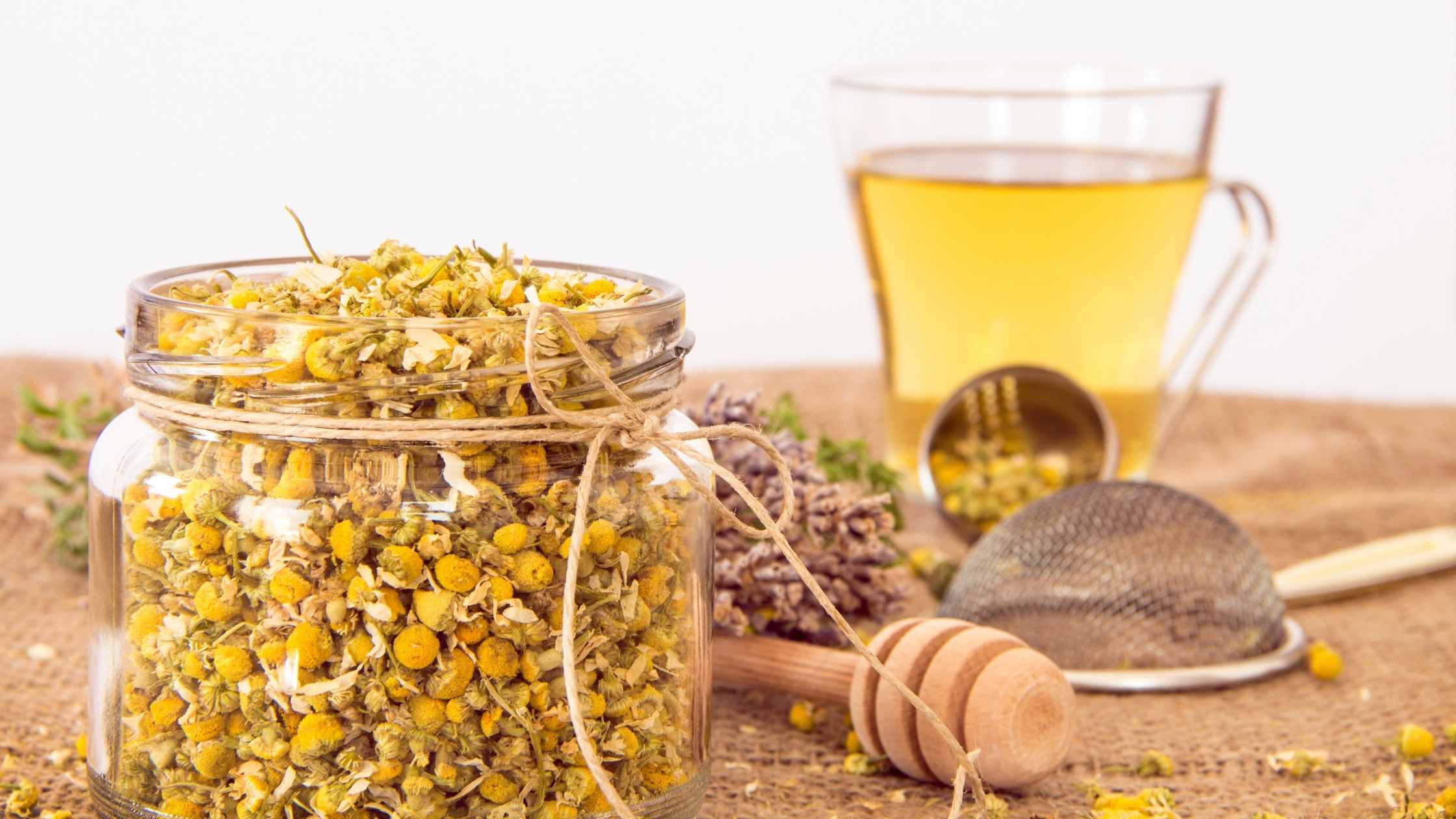
Everyone thinks of chamomile as being a calming tea. Many people like to have it just before they go to bed to relax themselves. But not everyone can or should do that. Some people are allergic to chamomile.
One of the ways to know is if you are allergic to ragweed or peppermint. Those three things are all botanically related to each other so drinking chamomile tea is not going to be very restful or relaxing for your body. The good news is, there are so many beneficial herbs out there. If you can't do chamomile, you could try other relaxing herbs like vervain or linden.
Upper Respiratory Tea Blend
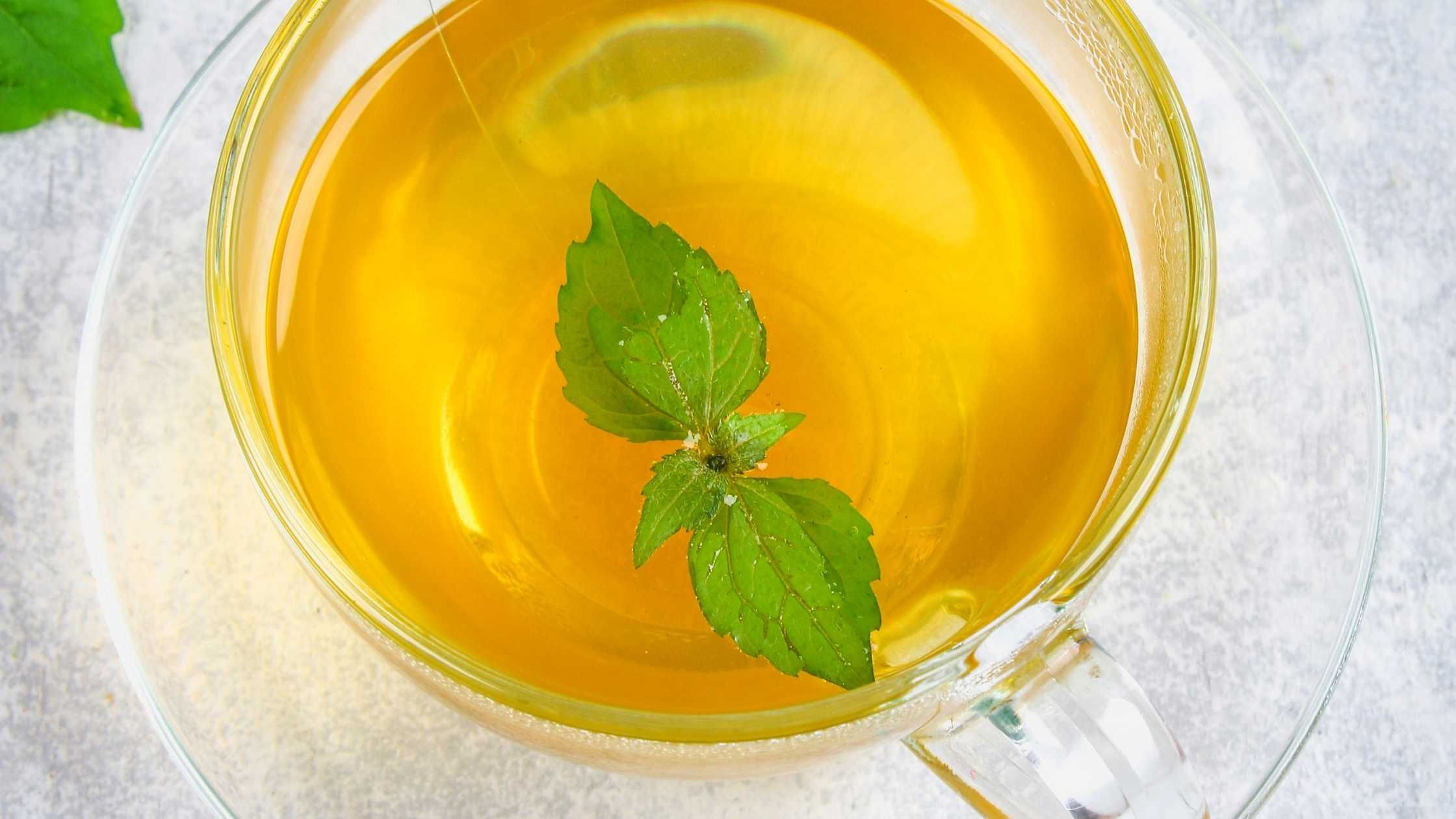
2 parts nettle leaf
1 part comfrey
1 part mullein
1 part peppermint
1 part chamomile (see note above for allergies)
1/2 part coltsfoot
1/2 sweet cinnamon stick
Sore Throat Soothing Tea Blend
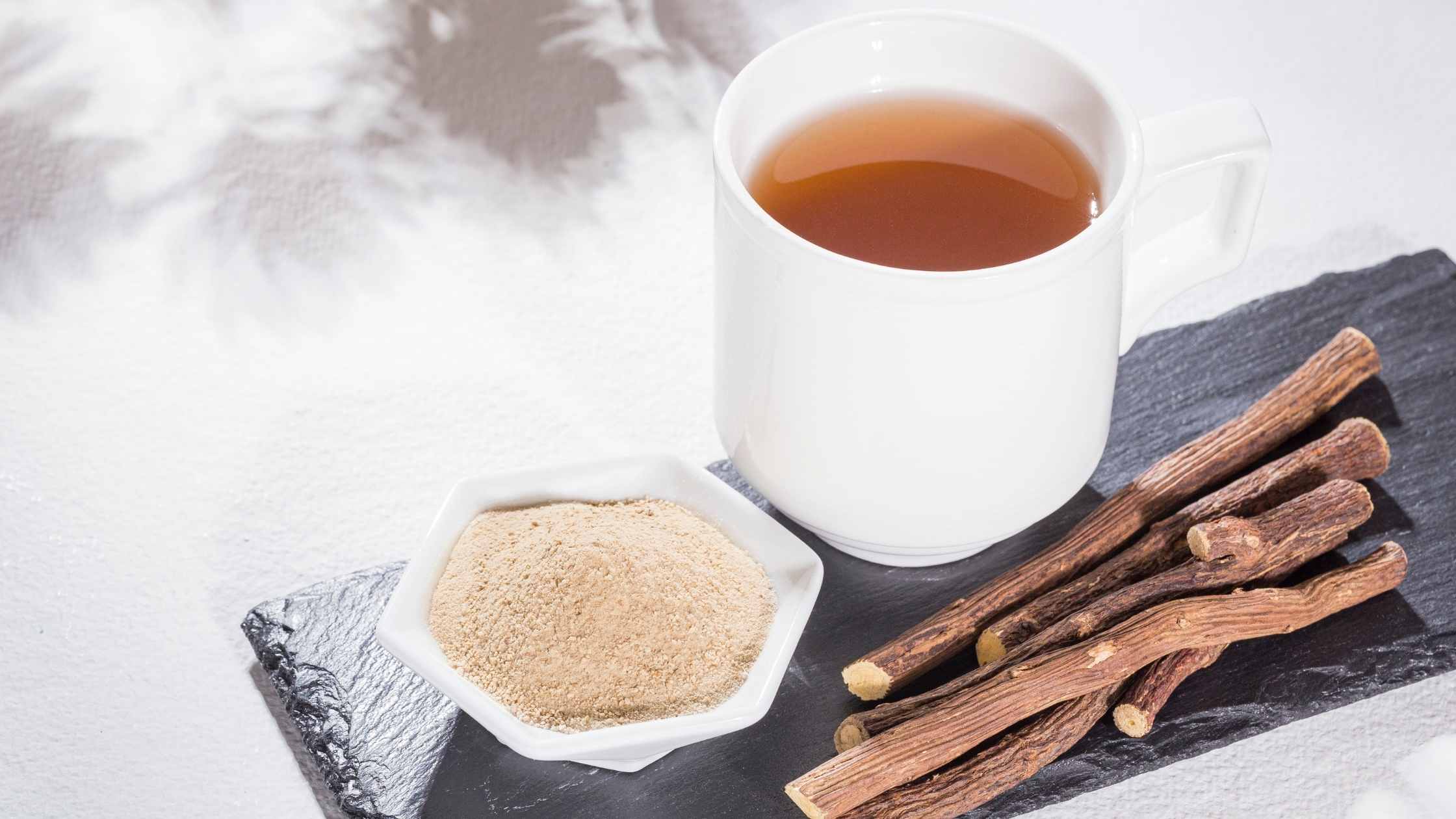
2 parts Slippery elm
2 parts Licorice root
1 part Wild Cherry bark
Chelated Silver
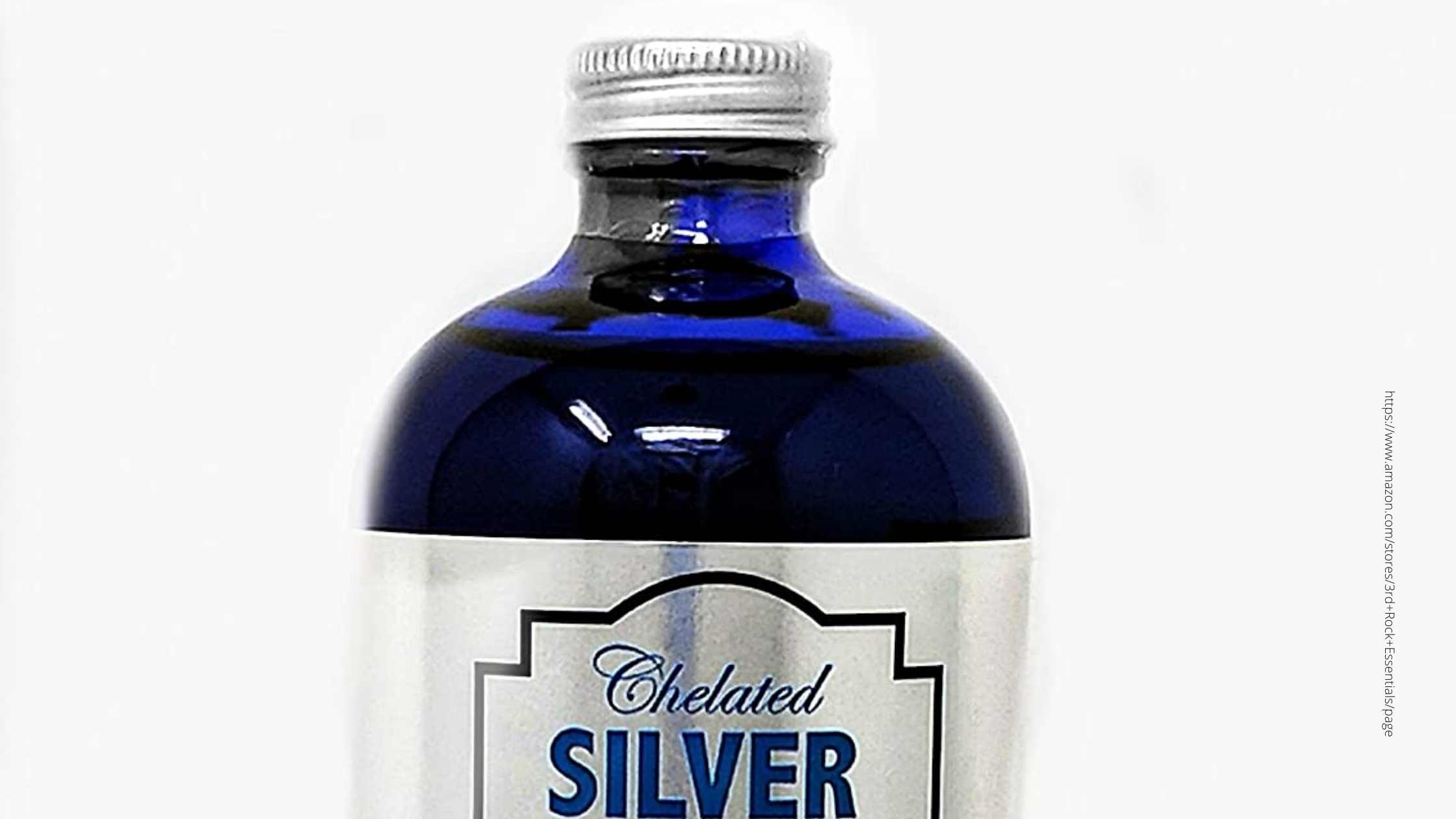
Another good item to stock in your medicine cabinet is chelated silver. Silver can be highly beneficial for boosting the immune system and has been shown to be effective against both bacterial and viral infections. Silver appears to be supportive for sore throats and relieving upper respiratory and sinus
Amino Acid Support
When it comes to immune support (in any season, not just winter) amino acid therapy can be highly beneficial. My dear friend and colleague Trudy Scott is the Food Mood Expert and the author of The Antianxiety Food Solution. Trudy has a great article on amino acid support using GABA and theanine.
Amino acids have so many uses. I personally have used them for stress reduction and sleep support. With Trudy’s help I was even able to use them to help me lower my fear response when it come to spiders. But amino acids don’t only help you to feel better, they can be highly supportive for your immune system. They’re definitely a great addition to your medicine cabinet.
Resources
Books:
- Body Into Balance: An Herbal Guide to Holistic Self-Care
- The Complete Medicinal Herbal
- Fire Cider: 101 Zesty Recipes for Health Boosting Remedies
Other Items:
[expand title="Sources"]
A Modern Herbal | Sages". Botanical.Com, 2021, http://botanical.com/botanical/mgmh/s/sages-05.html#com.
Abuelgasim, Hibatullah et al. "Effectiveness Of Honey For Symptomatic Relief In Upper Respiratory Tract Infections: A Systematic Review And Meta-Analysis". BMJ Evidence-Based Medicine, vol 26, no. 2, 2020, pp. 57-64. BMJ, doi:10.1136/bmjebm-2020-111336.
Arreola, Rodrigo et al. "Immunomodulation And Anti-Inflammatory Effects Of Garlic Compounds". Journal Of Immunology Research, vol 2015, 2015, pp. 1-13. Hindawi Limited, doi:10.1155/2015/401630.
Ashfaq, F et al. "THERAPEUTIC ACTIVITIES OF GARLIC CONSTITUENT PHYTOCHEMICALS ". Biological And Clinical Sciences Research Journal, vol 2021, no. 1, 2021, pp. e007-e007., http://bcsrj.com/ojs/index.php/bcsrj/article/view/53.
Bardaweel, Sanaa K. et al. "Chemical Composition, Antioxidant, Antimicrobial And Antiproliferative Activities Of Essential Oil Of Mentha Spicata L. (Lamiaceae) From Algerian Saharan Atlas". BMC Complementary And Alternative Medicine, vol 18, no. 1, 2018. Springer Science And Business Media LLC, doi:10.1186/s12906-018-2274-x. Accessed 28 June 2021.
Buist, H.E. et al. "Derivation Of Health Effect Factors For Nanoparticles To Be Used In LCIA". Nanoimpact, vol 7, 2017, pp. 41-53. Elsevier BV, doi:10.1016/j.impact.2017.05.002.
Eccles, R. et al. "The Effects Of Menthol Isomers On Nasal Sensation Of Airflow". Clinical Otolaryngology, vol 13, no. 1, 1988, pp. 25-29. Wiley, doi:10.1111/j.1365-2273.1988.tb00277.x.
Galdiero, Stefania et al. "Silver Nanoparticles As Potential Antiviral Agents". Molecules, vol 16, no. 10, 2011, pp. 8894-8918. MDPI AG, doi:10.3390/molecules16108894.
Goos, Karl-Heinz et al. "Wirksamkeit Und Verträglichkeit Eines Pflanzlichen Arzneimittels Mit Kapuzinerkressenkraut Und Meerrettich Bei Akuter Sinusitis, Akuter Bronchitis Und Akuter Blasenentzündung Im Vergleich Zu Anderen Therapien Unter Den Bedingungen Der Täglichen Praxis". Arzneimittelforschung, vol 56, no. 03, 2011, pp. 249-257. Georg Thieme Verlag KG, doi:10.1055/s-0031-1296717.
Guimarães, Rafaela et al. "Targeting Excessive Free Radicals With Peels And Juices Of Citrus Fruits: Grapefruit, Lemon, Lime And Orange". Food And Chemical Toxicology, vol 48, no. 1, 2010, pp. 99-106. Elsevier BV, doi:10.1016/j.fct.2009.09.022.
Gupta. "Chamomile: A Herbal Medicine Of The Past With A Bright Future (Review)". Molecular Medicine Reports, vol 3, no. 6, 2010. Spandidos Publications, doi:10.3892/mmr.2010.377.
Jeremiah, Sundararaj S. et al. "Potent Antiviral Effect Of Silver Nanoparticles On SARS-Cov-2". Biochemical And Biophysical Research Communications, vol 533, no. 1, 2020, pp. 195-200. Elsevier BV, doi:10.1016/j.bbrc.2020.09.018. Accessed 28 June 2021.
Kinoshita, Emiko et al. "Anti-Influenza Virus Effects Of Elderberry Juice And Its Fractions". Bioscience, Biotechnology, And Biochemistry, vol 76, no. 9, 2012, pp. 1633-1638. Oxford University Press (OUP), doi:10.1271/bbb.120112.
Koczka, Noémi et al. "Total Polyphenol Content And Antioxidant Capacity Of Rosehips Of Some Rosa Species". Medicines, vol 5, no. 3, 2018, p. 84. MDPI AG, doi:10.3390/medicines5030084.
Mármol, Inés et al. "Therapeutic Applications Of Rose Hips From Different Rosa Species". International Journal Of Molecular Sciences, vol 18, no. 6, 2017, p. 1137. MDPI AG, doi:10.3390/ijms18061137.
Miyake, Yoshiaki, and Masanori Hiramitsu. “Isolation and extraction of antimicrobial substances against oral bacteria from lemon peel.” Journal of food science and technology vol. 48,5 (2011): 635-9. doi:10.1007/s13197-011-0330-3
PARK, HO-WON et al. "Antimicrobial Activity Of Isothiocyanates (Itcs) Extracted From Horseradish (Armoracia Rusticana) Root Against Oral Microorganisms". Biocontrol Science, vol 18, no. 3, 2013, pp. 163-168. The Society For Antibacterial And Antifungal Agents, Japan, doi:10.4265/bio.18.163.
Review, Traditional. "Traditional And Modern Uses Of Natural Honey In Human Diseases: A Review – Vitamin Agent". Vitaminagent.Com, 2021, http://vitaminagent.com/traditional-and-modern-uses-of-natural-honey-in-human-diseases-a-review/.
Sidor, Andrzej, and Anna Gramza-Michałowska. "Advanced Research On The Antioxidant And Health Benefit Of Elderberry (Sambucus Nigra) In Food – A Review". Journal Of Functional Foods, vol 18, 2015, pp. 941-958. Elsevier BV, doi:10.1016/j.jff.2014.07.012.
Souza, Fábia Valéria M. et al. "(−)-Carvone: Antispasmodic Effect And Mode Of Action". Fitoterapia, vol 85, 2013, pp. 20-24. Elsevier BV, doi:10.1016/j.fitote.2012.10.012.
Thosar, Nilima et al. "Antimicrobial Efficacy Of Five Essential Oils Against Oral Pathogens: An In Vitro Study". European Journal Of Dentistry, vol 07, no. S 01, 2013, pp. S071-S077. Georg Thieme Verlag KG, doi:10.4103/1305-7456.119078.
Y, Rakover et al. "[The Treatment Of Respiratory Ailments With Essential Oils Of Some Aromatic Medicinal Plants]". Harefuah, vol 147, no. 10, 2008, p. ., https://pubmed.ncbi.nlm.nih.gov/19039907/
[/expand]

